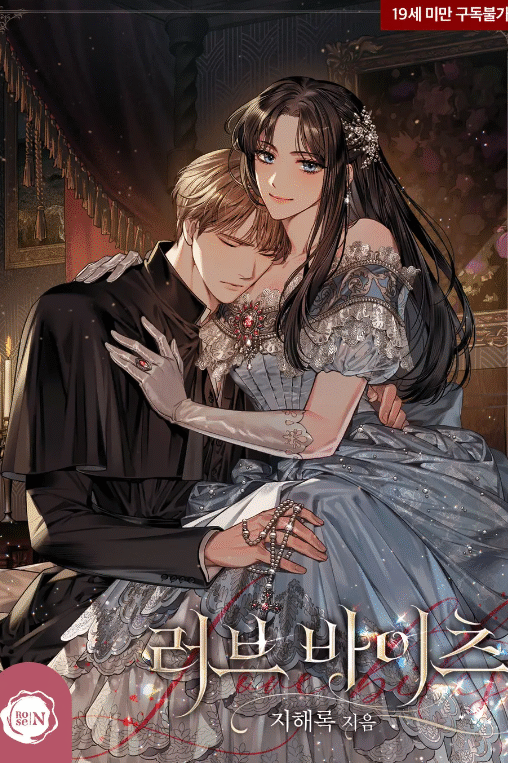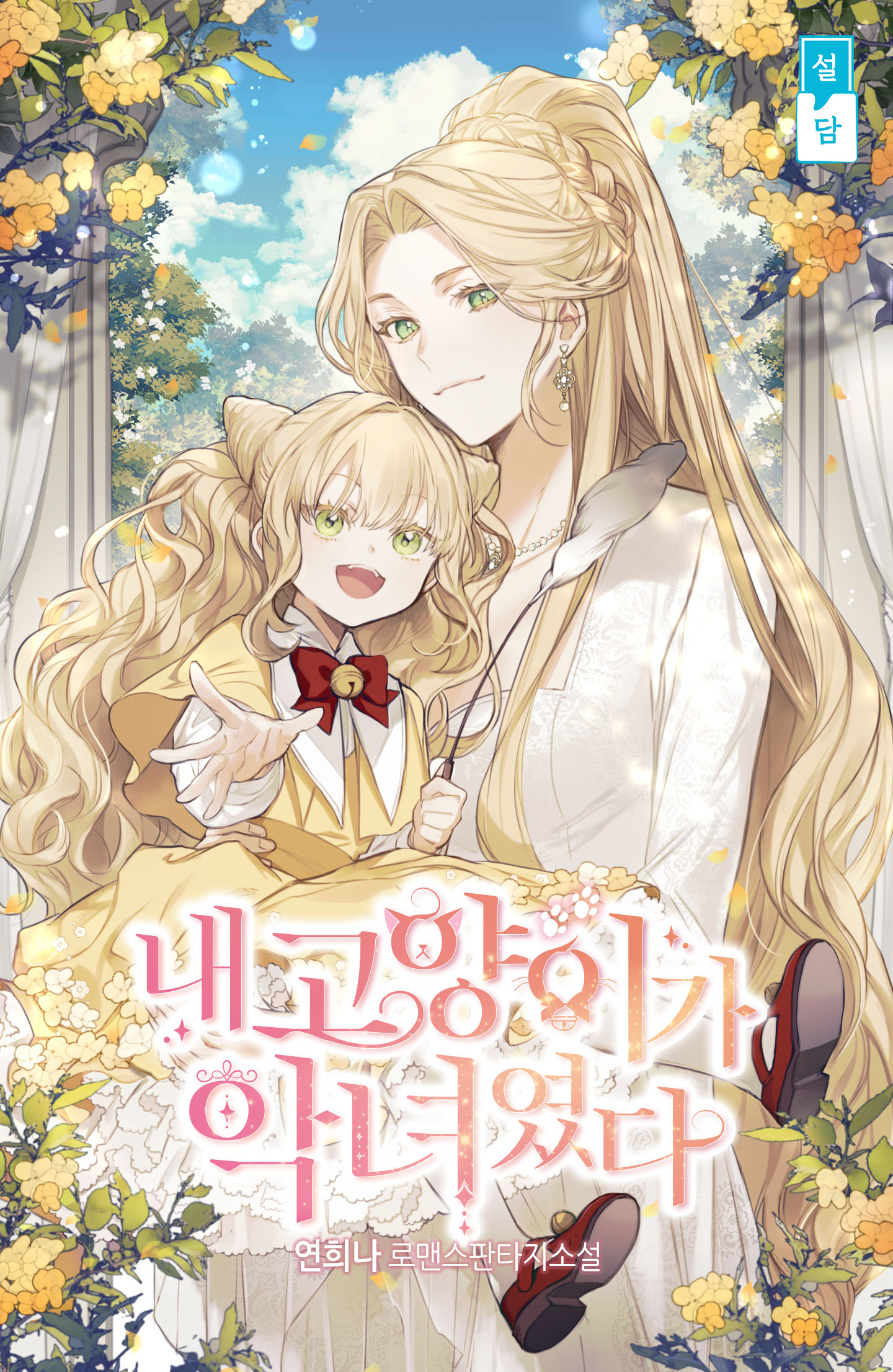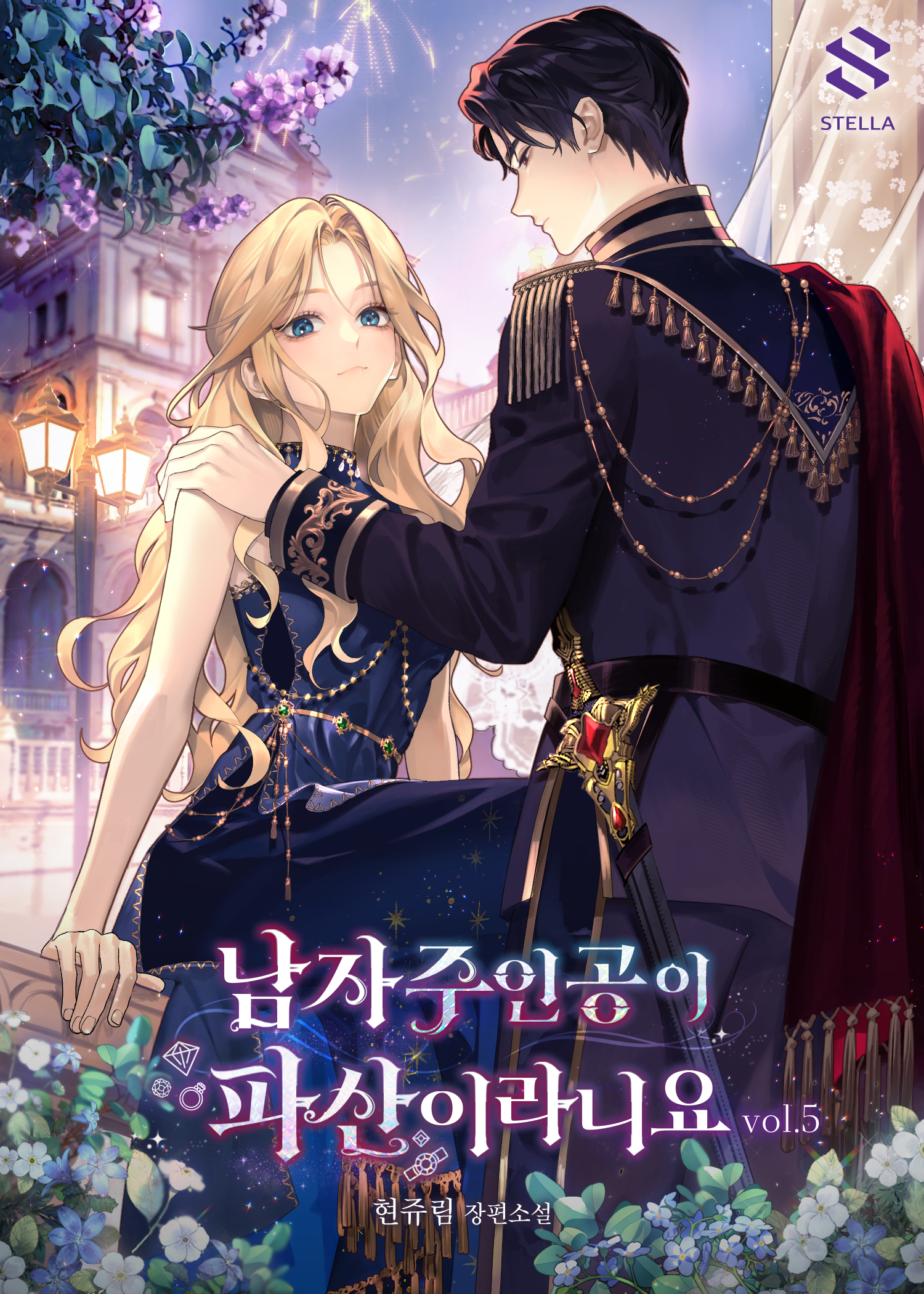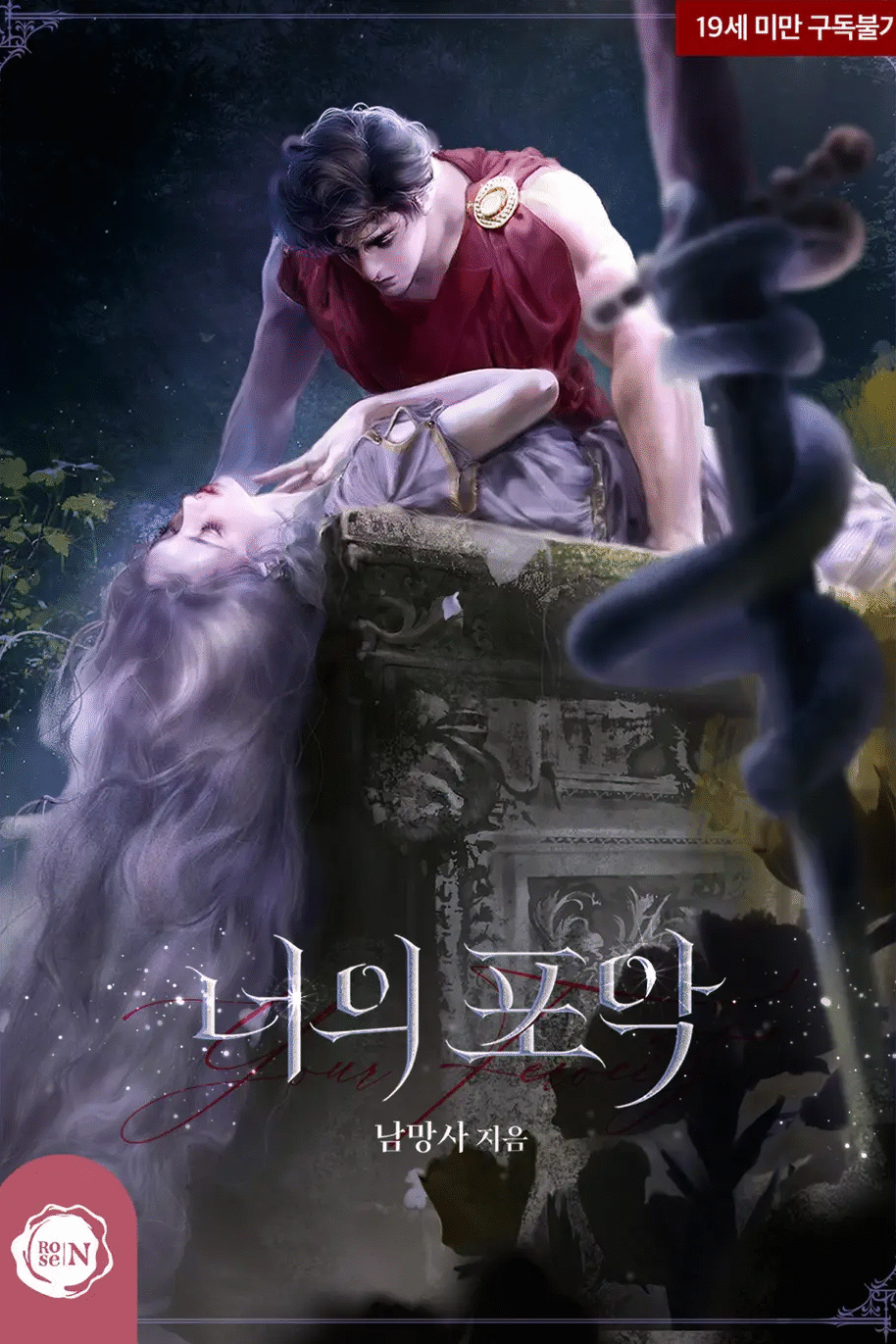Chapter 9 : Beneath Polished Manners, a Forbidden Door
- Home
- All Mangas
- I Think my Husband is a Murderer
- Chapter 9 : Beneath Polished Manners, a Forbidden Door
The days passed with a strange stillness, as if silence had cast its spell over the entire universe. And the stories that once buzzed around the Duchy of Schultz—
“Pardon?”
How mortifying. Was it possible that the employees of House Schultz were expected to master the etiquette of the nobility?
I responded calmly, concealing my unease:
“Not at all. I’ve had no involvement with such matters.”
Sir Fret frowned, his gaze fixed on me. Clearly, familiarity with high society’s decorum was expected.
I waited in tense silence for him to speak. His response was unexpected:
“I had assumed you’d received proper instruction, naturally.”
“Pardon? What do you mean by that?”
I blinked in confusion, and he produced the employment contract stamped with the Duke’s seal.
“Your gait, your manner of speaking, and your overall composure—where did you learn such conduct?”
Still unaware of the reason for his inquiry, I took the contract and answered confidently:
“I learned it from my father.”
His brow furrowed deeper.
So his warm features could shift like this. Just as I was registering the change, he asked another question:
“Was your father perhaps affiliated with the nobility?”
“Absolutely not.”
I shook my head firmly.
Quite the contrary—he had always avoided any connection with nobles.
As I dug through the foggy corners of memory, I added:
“Well, when I was little, a noble lady would visit us occasionally. But that was it. My father was an entirely ordinary man… Why do you ask?”
“Because your mastery of noble etiquette is unnervingly flawless.”
“Excuse me?”
I struggled to grasp his meaning before letting out a laugh and waving it off:
“That can’t be. I’ve never even brushed fingers with the aristocracy.”
…Though I have run into your superior a few times lately. I added that with a teasing smile.
“Perhaps…”
Sir Fret tilted his head slightly.
“Maybe your father was acquainted with upper-class customs after all.”
“Perhaps.”
I agreed hesitantly, if only to ease his suspicion. That seemed to soften his expression.
“Or maybe it’s just my limited perspective.”
With a faint smile, he escorted me on my way.
We crossed a courtyard surrounded by buildings until we reached the main gate.
The estate was wide—uncomfortably so.
I took in the fortress that stretched beyond my field of vision, then asked casually:
“By the way, will I be visiting any of the other wings? No one mentioned anything.”
Sir Fret stared at me, so I hurried to explain, worried I’d asked something improper.
Thankfully, his answer came without hesitation:
“You’re allowed access to most areas. However, unless instructed otherwise, it’s best to avoid the main manor’s exterior buildings.”
“Understood. Then, I’ll see you tomorrow, Sir Fret. Thank you for everything today.”
I was just about to leave when he called out:
“Wait.”
I turned around.
“You seem like a clever young lady, so I trust you’ll heed my advice…”
His voice remained gentle, but there was a distinct chill to it:
“Under no circumstances are you to set foot in the basement of the western annex.”
It sounded like a warning—unmistakable and direct.
A week had passed since I began working at the Duchy of Schultz.
Whatever excitement I’d felt at first had long since evaporated.
“Sigh…”
I sat at my desk, exhaling deeply as I gazed at the patchy lawn. The house servants bustled about with purpose.
(If only I had asked for physical work instead.)
At least then, my conscience would’ve been at ease.
But when the Duke of Schultz offered me a position, I had been too stunned to ask for anything.
All I had in mind was to do my best with whatever task I was given.
(I didn’t think I’d be doing nothing but sorting paperwork…)
I stared at the stack of documents I’d finished long ago.
They sat neatly at the edge of my desk, rustling in the breeze that slipped through the window—as if mocking me.
Honestly, I was dying of boredom.
My duties here were minimal to the point of comedy: Sit in my designated office and sort documents by date.
Compared to the medical records I’d organized while studying pharmacology, this was a breeze.
Ironically, that very efficiency had ruined my reputation among the staff.
I remember it clearly—my first day, sipping tea by the window, when I accidentally made eye contact with one of the maids.
“Miss Prim truly carries herself like a noblewoman.”
Translation: How lucky she is.
And then:
“She even has a private office.”
I was the only one with such a privilege. When I found out, I felt deeply embarrassed.
Guilt gnawed at me, knowing how little I worked compared to my pay. I tried several times to help the others.
But every time, the answer was the same:
“Oh no, we couldn’t possibly burden Miss Prim with such tasks. Of course not.”
Their voices were sharp, yet cloaked in such faux courtesy that I struggled at first to tell whether they were being sincere.
It didn’t take long before I realized I had been completely excluded.
“We common folk could never dine with Miss Prim. Please, go ahead.”
Naturally, I was left out during meals and breaks.
All I had hoped for was a bit of friendliness—not deep bonds.
My father had always showered me with love and kindness, but he never allowed me to grow close to anyone.
“Sigh…”
I watched as the other servants joked and played while carrying baskets of laundry, and my face stiffened.
Because the moment they noticed me, their expressions froze over.
I stood and pulled the curtains shut. The fabric felt unusually coarse against my fingers.
But no—this wasn’t hostility.
Had I been in their shoes, I would’ve felt the same.
We earned the same wages, yet the workload disparity was glaring. Of course, they’d resent it.
On top of that, Sir Fret continued to treat me with the utmost formality.
I had asked him several times to be more casual, but his response was always the same:
“I’m accustomed to it. I prefer it this way.”
He’d say it with his ever-present smile, so I eventually stopped insisting.
There was only one way for me to continue working here in peace.
I let go of the curtain.
I wasn’t sure if a servant could request an audience with the lord of the house, but it seemed the right time to see Duke Schultz.
Meeting him was surprisingly easy. When I asked Sir Fret, he agreed without hesitation.
We passed through a long hallway, and as the door opened, the scent of tobacco—like the one from my father’s funeral—hit me.
Tapestries and arched engravings adorned the walls.
“I heard you wished to see me. Is there a problem?”
His calm voice drifted from behind the ashwood desk.
I raised my eyes to meet his.
The Duke looked more severe than I remembered.
Perhaps I had seen him in a different light before—after all, he had saved me. His features hadn’t seemed this cold.
He had the typical severity of a Dothilian naval officer—stoic, expressionless, with a trace of weariness lingering beneath it all.
This subtle chill made me respond with extra formality. After all, he was now my employer.
He leaned back in his chair, then straightened slowly.
“Fret tells me you’re handling your duties quite well.”
Our eyes met, and sweat began to form on my palms. I straightened my back and replied:
“The issue is… there’s not much work to do.”
“And that’s a problem?”
His brows furrowed. I nodded.
“The salary I receive doesn’t match the workload. I feel obligated to do more. That’s the problem.”
His expression cracked slightly. His brow arched.
“Obligated?”
He repeated the word slowly, as if tasting it. Though a little daunted, I continued:
“I joined as a servant, but it’s uncomfortable. The other staff’s stares are… difficult.”
“…”
“Lately, I keep wondering: ‘What will they say about me today?’ I go home with a heavy heart every evening.”
It was true.
Even meals had become a chore. I had lost count of how many times I’d eaten nervously and ended up sick. And it had only been a week.
I sighed quietly.
“Surely, the Duke of Muysen wouldn’t go to such lengths out of pity.”
I continued without realizing how his expression was shifting:
“And Sir Fret treats me like some sort of superior—which is extremely uncomfortable.”
A soft scoff escaped his lips, silencing me.
I finally looked up.
He was resting his chin against his interlaced fingers.
His icy blue gaze calmly traveled down the embroidery on my forest-green dress, past the storm-gray silk stockings, to the tips of my polished shoes.
Then at last, he spoke…





